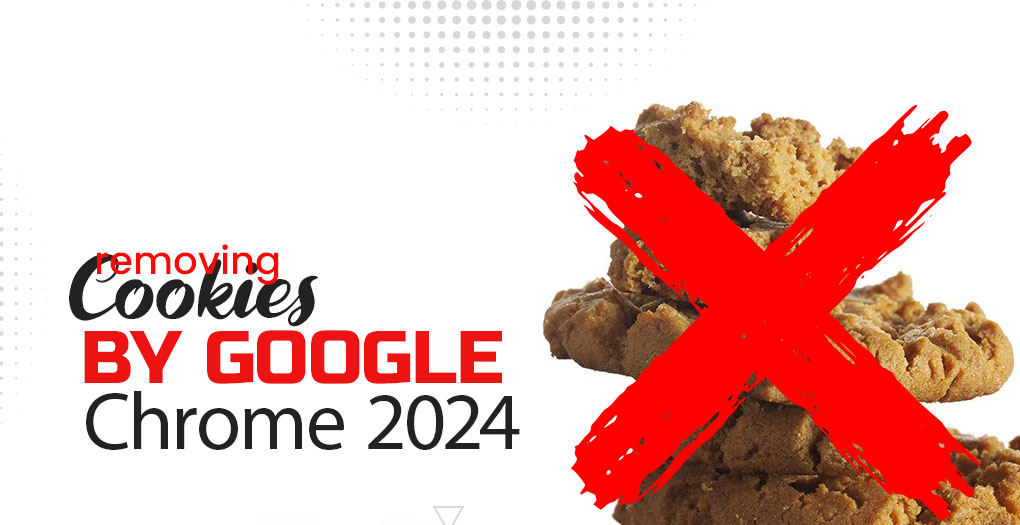Google is set to stop the use of third-party cookies in Chrome. As many advertisers will know, this has huge ramifications, and many are wondering what the future of digital marketing will look like.
Google will instead be using a technology developed from Google’s Privacy Sandbox. So-called FLoCs (Federated Learning of Cohorts) will target individuals based on larger groups of people with similar interests and behaviour.
However, as consumers became just as savvy in their internet usage, third-party cookies began to damage consumer trust. This damage caused consumer resentment.
The shift towards relying on first-party cookies will heavily favour large companies that have the most access to first-party data. These companies will have the resources to develop the most effective algorithms for maximising profits with just first-party data.
Smaller companies that lack first-party data will struggle to target and remarket to shoppers, making it harder to advertise. Small businesses will still be able to make use of technology such as Google Topics to segment users into interest groups and leverage data that way.
What Small Business can do?
- SEO and content marketing strategies
Cookieless browsing is coming. The bottom line is you need a proactive marketing strategy that puts you in control of the future.

